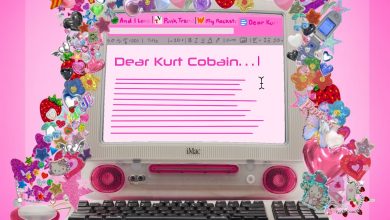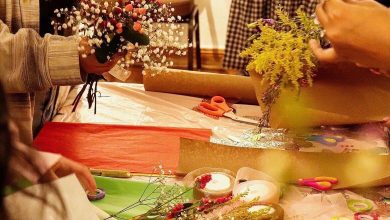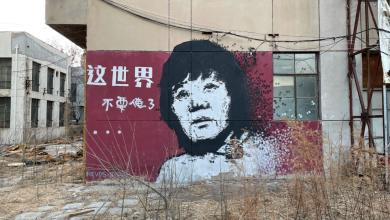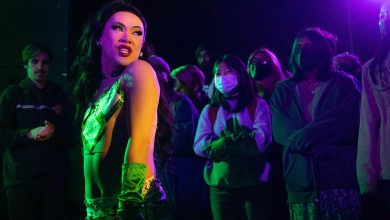Gendered (Mixed) Race
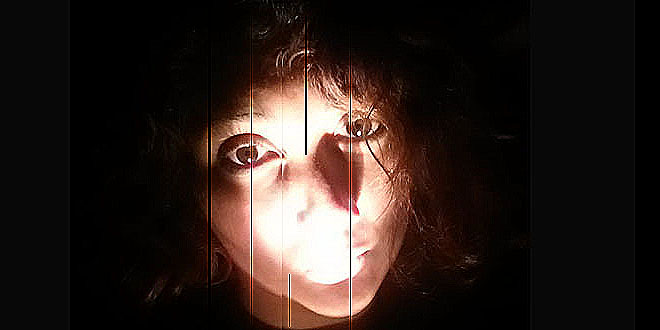
Illustration by Katherene Quiteno.
“You’re so exotic.”
That’s a phrase that many mixed race people like me have heard at least a few times in their lives. That sentiment is usually accompanied by other similarly dehumanizing compliments such as “mixed people are so beautiful,” “mixed babies are so cute,” or citing some article from National Geographic about how mixed people are the people of the future.
When conversations about multiraciality come up, a common theme is how it is exoticized by comments like those, in a similar way to how people of color in general are exoticized.
But there is another aspect of these microaggressions that is not brought up as often: assumptions of gender.
At last month’s Mixed Heritage Conference, hosted by UCLA’s Mixed Student Union, a workshop was conducted entitled “Multiraciality and Sexuality.” About twenty-five people attended this workshop to talk about mixed race identity impacts sexuality and gender.
One topic that came up was a study in the American Sociological Review that found women are more likely than men to identify as multiracial.
An obvious reason for this is the association between multiraciality and beauty. Since it’s a well established stereotype that women are supposed to be passively beautiful while men are supposed to be active, it’s easy to see why this association might make some men less willing to self-identify as mixed.
“In my opinion I think mixed race right now is kind of like a hip thing for girls in the dating scene. I just know guys that are like, ‘oh yeah, she’s mixed race and she’s like really sexy,’” Tyler Wennstrom, a third year ethnomusicology major, said. “I think being mixed race is also associated with being feminine, like beauty and stuff like that.”
Tyler also believes it’s important to be comfortable embracing both feminine and masculine qualities. “I think now it’s becoming more acceptable to have feminine and masculine energy in both sexes, in both genders, in all genders for that matter.”
“It’s all about being comfortable with yourself and your identity, so I encourage mixed guys to be comfortable with that identification.”
A more subtle reason is the subconscious assumption that multiraciality is inherently feminine because of its association with exoticism.
“Exotification, historically and culturally speaking is usually used to label women, not men,” Elena Diebel, a second year art major who attended the workshop, said. “Therefore, mixed identity is associated with femininity which I think is the reason more women identify as mixed.”
The association between the exotic and the feminine goes back to the concept of orientalism. Made famous by Edward Said’s book by the same name, orientalism describes a binary between the West, or the Occident, and the East, or the Orient. Where the West is individual, virtuous, dominant, masculine, and normal, the East is corporate, depraved, submissive, feminine, and “other.”
Historically, this played out in the colonization of Eastern regions by Western powers, establishing the West as the man in the relationship. The East was the submissive colonized, as opposed to the West’s dominant colonizer.
The association between multiraciality and exoticism implies the inherent submissiveness and femininity of being mixed race. For men, this can make them less likely to self-identify as mixed as in the study by the American Sociological Review, even if the association is subconscious. For women, this can internalize harmful stereotypes about femininity. If this is true, then if I, as a mixed race woman, openly identify as mixed race, am I also positioning myself in a place of submissiveness and passivity?
Of course, not every mixed person feels gendered because of their multiraciality. “I don’t think I tend to associate multiraciality towards [masculinity or femininity],” Noelle Cumberbatch, a second year political science major, said. “I don’t think I’ve ever thought about it that way.”
It’s true that not everyone experiences being mixed race the same way. For some of us, our mixed race identity can sometimes be a precarious balance between pride in our heritage and conforming to stereotypes of exoticism. For people like Noelle, who identifies as a black multiracial woman, “my race makes me proud and provides me with strength.”
The first step towards counteracting harmful stereotypes is language. Next time you see a mixed race person, it might be better to hold off on complimenting the beauty of mixed people or praising a certain National Geographic article. Many mixed people (but not all) are happy to have a conversation about race and the mixed race experience. But the conversation has to be a bit more complex than “mixed babies are sooooo cute.”

